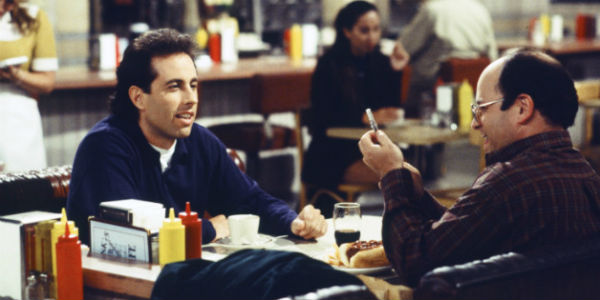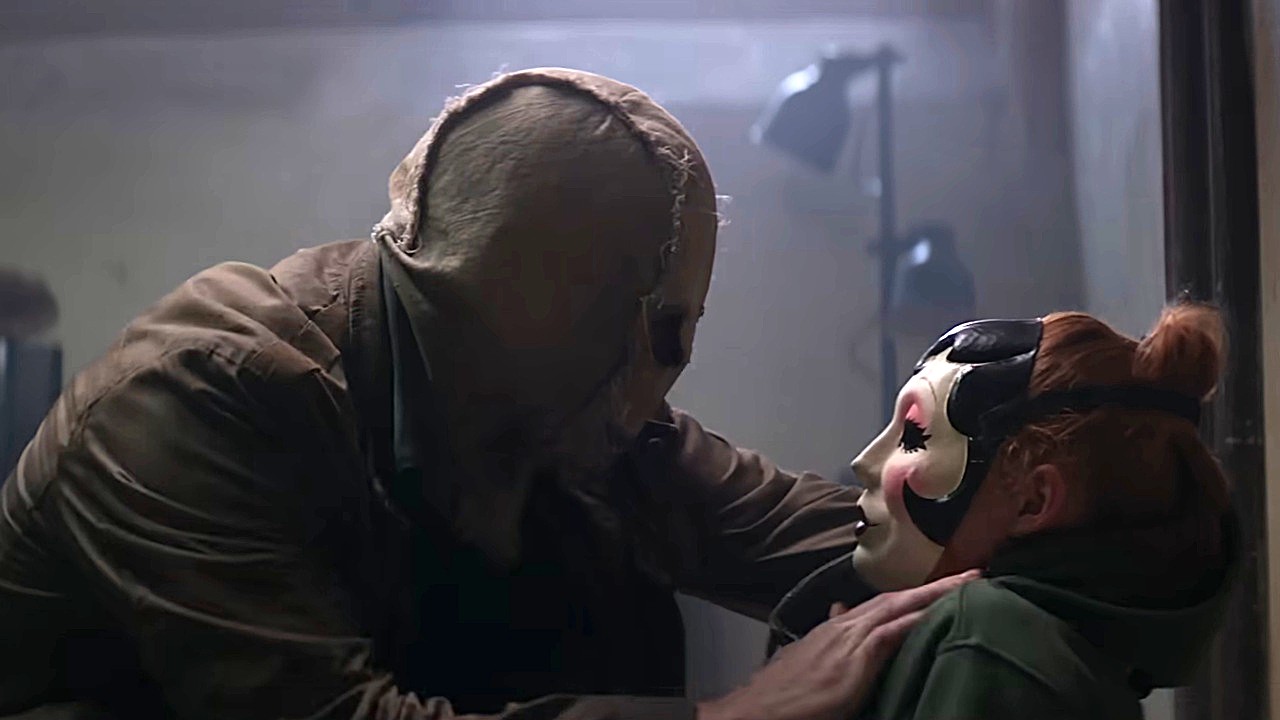Why Medical Students Are Being Assigned Seinfeld Episodes

Your Daily Blend of Entertainment News
You are now subscribed
Your newsletter sign-up was successful
When you think of Medical School, it’s hard to imagine a bunch of students sitting around a conference table discussing the 1990s NBC sitcom, Seinfeld. But, Anthony Tobia, an associate professor of psychiatry at Rutgers-Robert Wood Johnson Medical School, uses Seinfeld episodes for the main drive of discussion within his classroom.
Though it has been more than 15 years since the final episode of the sitcom, Professor Tobia has designed a specific teaching tool using the show, which he calls “Psy-feld”. The teaching tool is designed to help his medical students identify and further discuss psychiatric disorders. He assigns his third- and fourth-year medical students to watch the 6 p.m. episodes of Seinfeld every Monday and Thursday on TBS. These students are a part of Robert Wood Johnson University Hospital’s psychiatric rotation, and the mornings following the episode, they begin rounds by discussing what psychopathology was demonstrated on the show.
In an interview with NJ.com, Professor Tobia explained why Seinfeld is the perfect show for the assignment. He said:
“You have a very diverse group of personality traits that are maladaptive on the individual level. When you get these friends together the dynamic is such that it literally creates a plot: Jerry’s obsessive compulsive traits combined with Kramer’s schizoid traits, with Elaine’s inability to forge meaningful relationships and with George being egocentric.”
And while some of the students were originally unsure of their feelings on the show, many of them enjoy the discussion. In one class, a student concluded that George demonstrates signs of narcissism for neglecting his girlfriend to focus on Jerry. But another student isn’t convinced adding that George enjoys the idea that the girlfriend doesn’t like him, and that narcissists can’t stand the idea of people not liking them. The discussions go through many characters, personalities and traits that are great class material for studying human behavior.
Professor Tobia is so dedicated to the teaching tool that he has even created an entire database including all 180 episodes and their teaching points. He says that nearly every character in the series can be used for “Psy-feld”. Tobia has even written an academic paper on five of Elaine’s boyfriends exploring their core character traits and how they match themes of delusional disorder. He finds that watching television can be a great lens into the human personality. Tobia adds:
”In order for a surgeon to teach from a movie or TV show, there has to be surgery. In order for an internist to teach from a movie or TV show, there has to be the portrayal of an illness. Well, every movie, every TV show has human behavior, so a psychiatrist should be able to teach.”
Professor Tobia’s class sounds like an awesome learning experience. I mean, had I known that medical school would include watching TV episodes and deeply discussing them, I would have reconsidered my career path.
Your Daily Blend of Entertainment News
